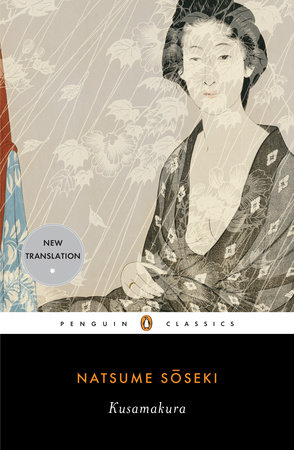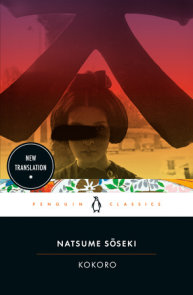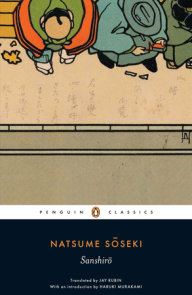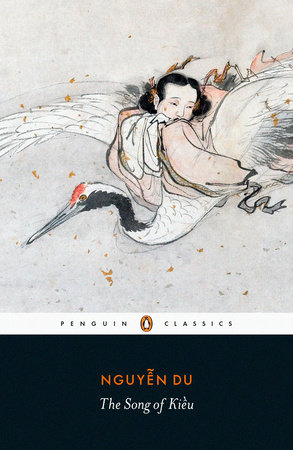

Add to Bookshelf
Kusamakura
By Natsume Soseki
Introduction by Meredith McKinney
Translated by Meredith McKinney
By Natsume Soseki
Introduction by Meredith McKinney
Translated by Meredith McKinney
By Natsume Soseki
Introduction by Meredith McKinney
Translated by Meredith McKinney
By Natsume Soseki
Introduction by Meredith McKinney
Translated by Meredith McKinney
By Natsume Soseki
Read by Kotaro Watanabe and Elizabeth Jasicki
Introduction by Meredith McKinney
Translated by Meredith McKinney
By Natsume Soseki
Read by Kotaro Watanabe and Elizabeth Jasicki
Introduction by Meredith McKinney
Translated by Meredith McKinney
Best Seller
Category: Literary Fiction | Classic Fiction
Category: Literary Fiction | Classic Fiction
Category: Literary Fiction | Audiobooks

Paperback
$16.00
Jan 29, 2008 | ISBN 9780143105190
-
$16.00
Jan 29, 2008 | ISBN 9780143105190
-
Jan 29, 2008 | ISBN 9781101097557
-
Aug 10, 2021 | ISBN 9780593416990
422 Minutes
Buy the Audiobook Download:
YOU MAY ALSO LIKE

The Vivisector
Paperback
$30.00
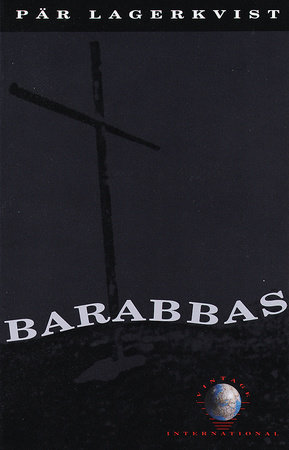
Barabbas
Paperback
$16.00
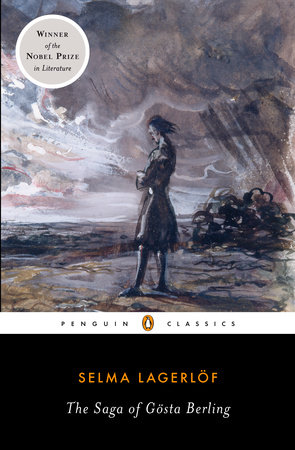
The Saga of Gosta Berling
Paperback
$22.00
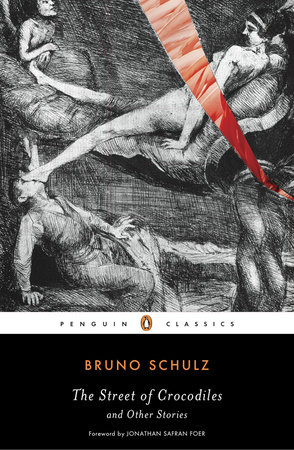
The Street of Crocodiles and Other Stories
Paperback
$18.00
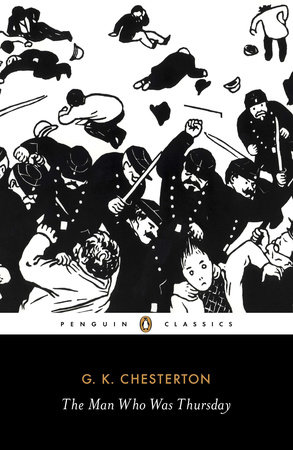
The Man Who Was Thursday
Paperback
$12.00
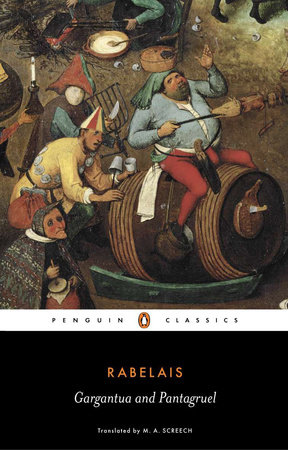
Gargantua and Pantagruel
Paperback
$21.00
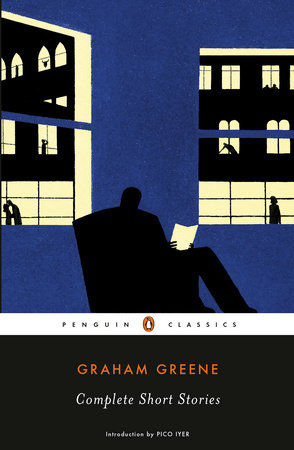
Complete Short Stories
Paperback
$22.00

Fever
Paperback
$22.00

Kokoro
Paperback
$17.00
×
Become a Member
Just for joining you’ll get personalized recommendations on your dashboard daily and features only for members.
Find Out More Join Now Sign In








